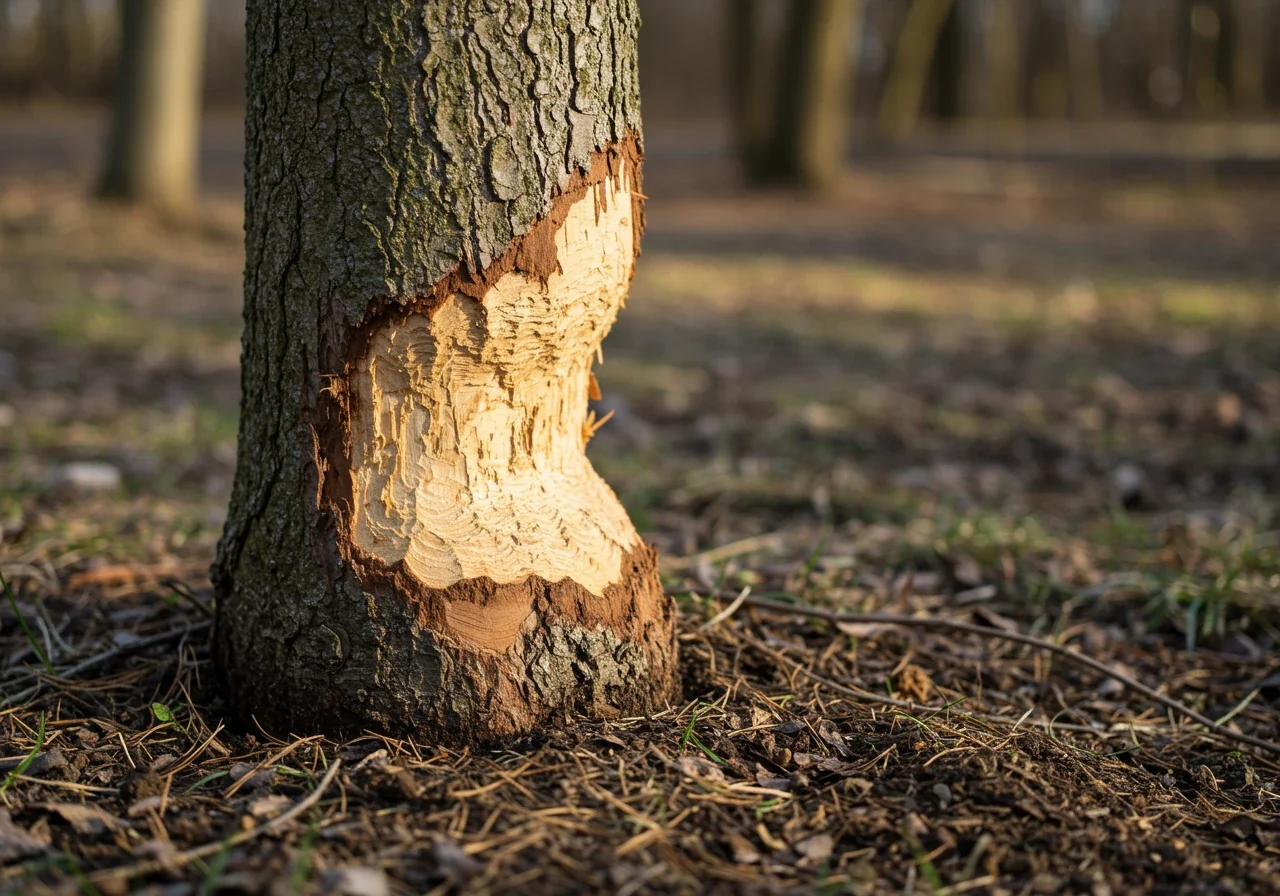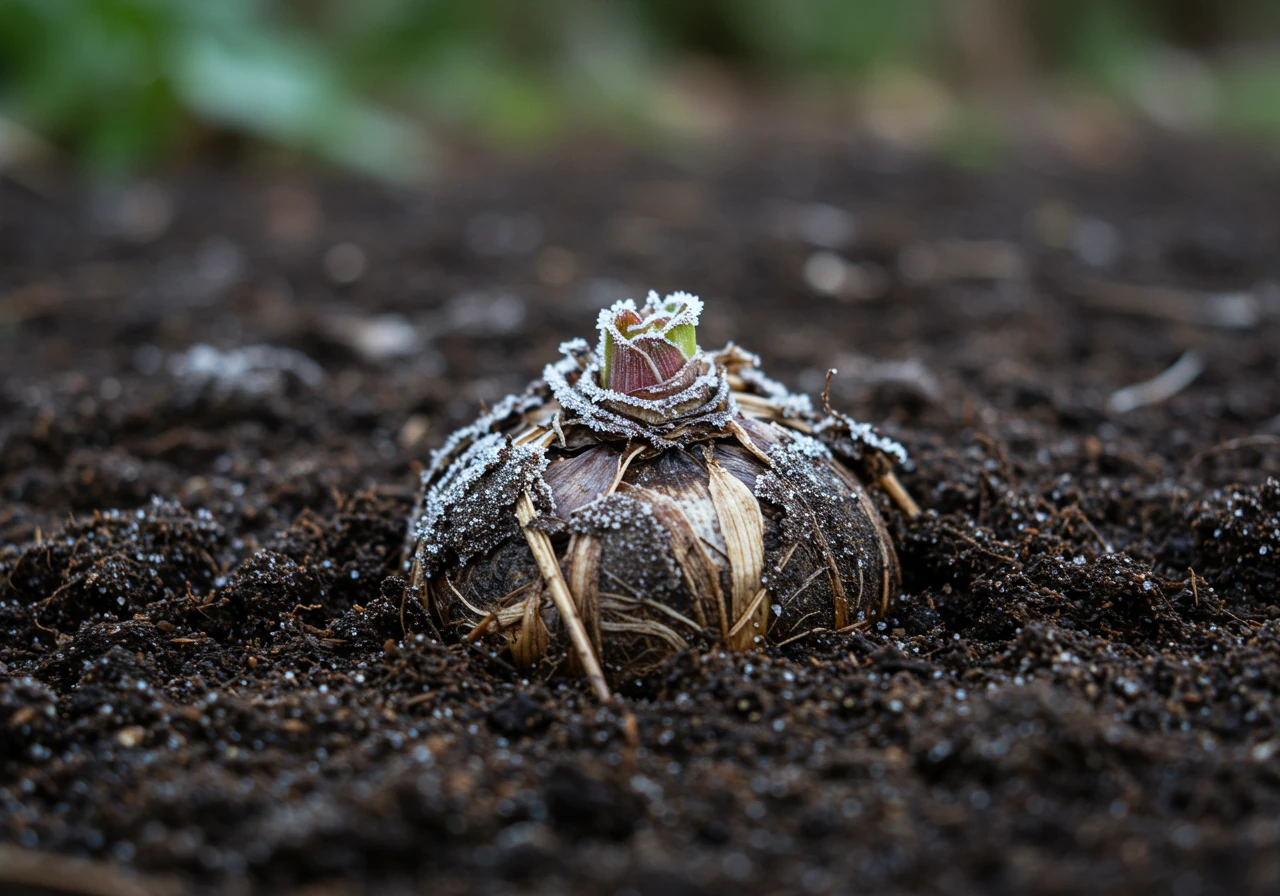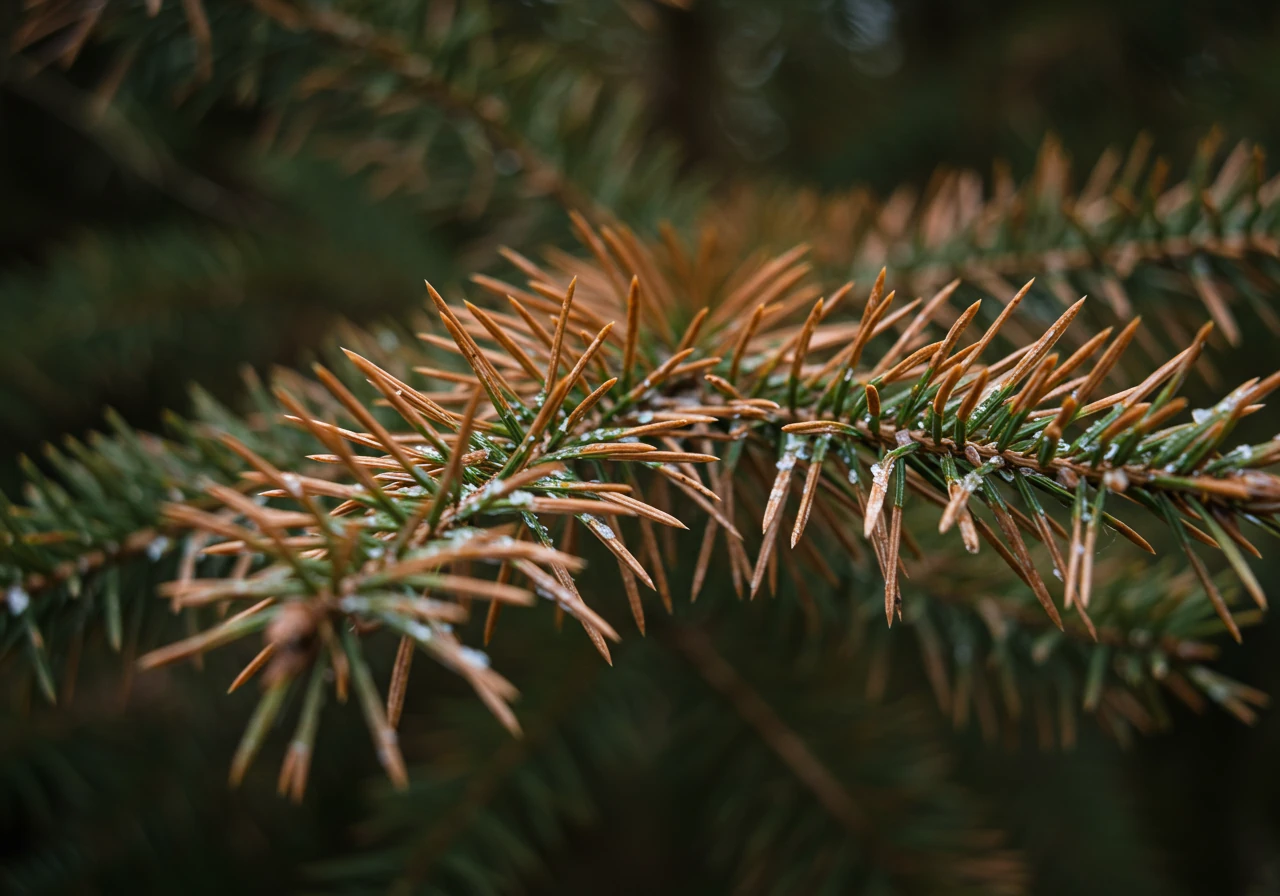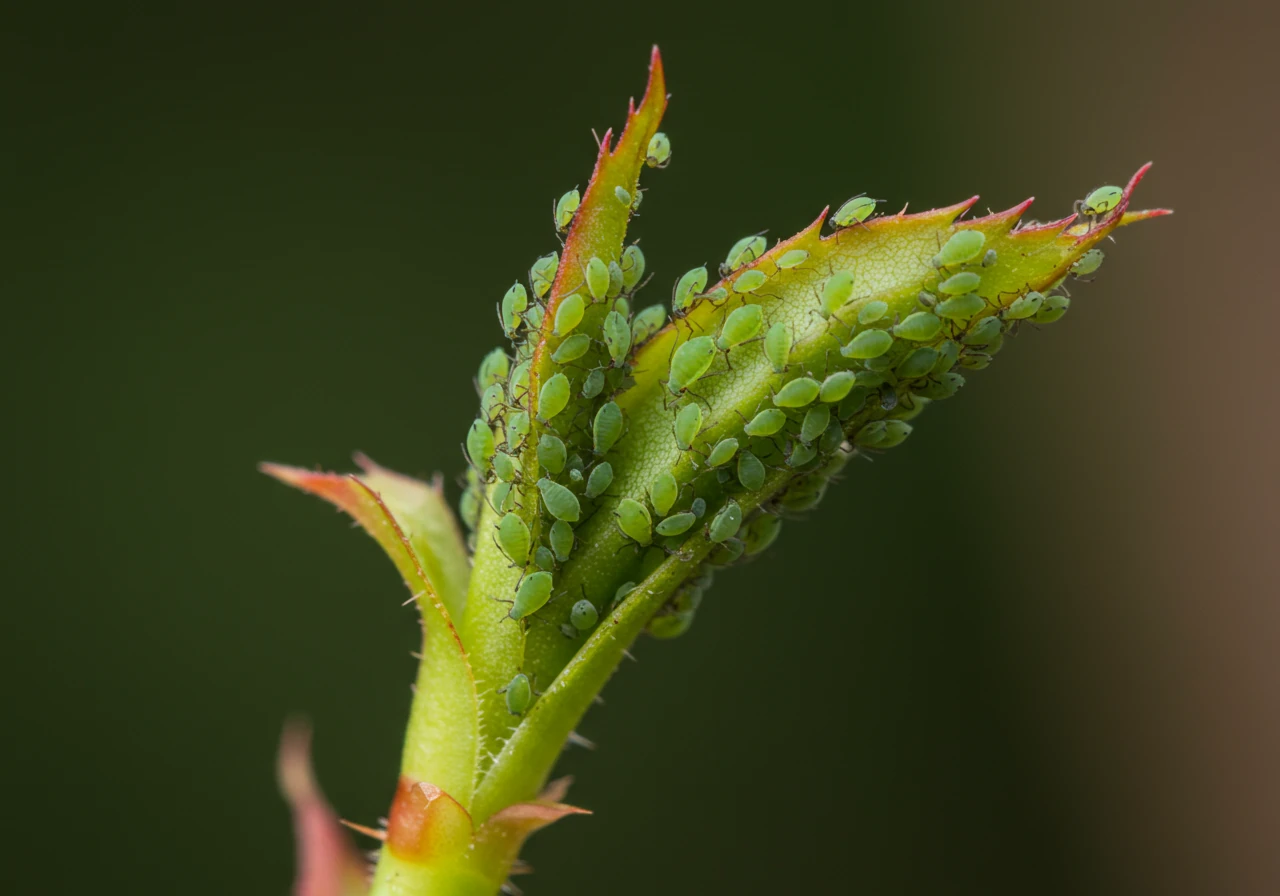Kars Spring Garden Health Check: Prevent Costly Plant Loss
Quick Guide: Spring Garden Check-Up
- Assess plants for winter damage (breakage, salt burn, frost heave, critter damage).
- Perform gentle cleanup, avoiding compacted wet soil.
- Inspect lawn for issues like snow mold or dead patches.
- Scout early and regularly for pests and diseases.
- Check soil condition once it’s drier.
- Addressing issues early prevents costly replacements later.
Introduction: Wake Up Your Kars Garden & Save Your Wallet!
Well, Kars neighbours, we did it! We somehow survived another *classic* Ottawa winter. Go ahead, give yourselves a pat on the back (carefully, you might still be stiff from all that shovelling!). Now that the snow is *finally* melting away, revealing… well, whatever the winter left behind in our yards, it’s prime time to assess the situation. From Kars across to Greely, those deep freezes and heavy snow loads can be tough on our beloved garden beds, shrubs, and trees.
Before you assume the worst and head out to replace plants that look a little worse for wear, hold on! This guide is your friendly roadmap to performing a simple spring garden health check. We’ll help you identify potential winter damage to your perennials and assess your overall landscape health, *before* small issues turn into expensive replacements. Think of it as preventative care for your plants and your wallet – a quick inspection now saves money later and gets your Kars garden ready to thrive beautifully this season! Let’s get those green thumbs working.
Step 1: The Post-Winter Reconnaissance – Assessing the Damage
Okay, grab your metaphorical magnifying glass and maybe a sensible pair of boots – it’s time to play garden detective! Step one after the big melt is your Post-Winter Reconnaissance. Think of it like checking your car after a long road trip; you need to see what bumps and bruises happened along the way. Stroll through your yard, resisting the urge to immediately grab a rake (we’ll get there, promise!). This initial look-see is crucial across Ottawa, from Manotick down to Vernon.



Your mission, should you choose to accept it, is to assess the situation methodically. Don’t just glance; *really look*.
What are we scouting for? Here’s your winter damage checklist:
- Broken Bits: Look up! Heavy snow and ice can snap branches on trees and shrubs like twigs. Note any dangling limbs or significant breaks that need proper pruning.
- Salt Burn Blues: Check plants near driveways or sidewalks, especially evergreens. See any brown, crispy foliage on the side facing the pavement? That’s likely salt damage, a common woe in our area.
- Frost Heave Havoc: Look closely at smaller plants and perennials. Did the freeze-thaw cycle push any root balls right out of the ground? They’ll need gentle resettling.
- Critter Chewing: Inspect the base of young trees and shrubs. Rabbits and voles sometimes nibble bark under the snow cover, which can seriously harm the plant. Look for gnawed areas.
- Perennial Puzzles: Your perennials might look a bit sad or even completely dead. *Don’t panic!* Many are just slow starters. Gently feel the crown (where stems meet roots) – if it’s firm, there’s hope. Mushy? Not so good. Patience is key here; give them a few weeks. Knowing when and how to divide survivors later is also useful, which you can learn more about with these tips on .
- Lawn Lowdown: Scan your lawn for matted patches (potential snow mold) or areas that look particularly trampled and compacted from winter traffic. Proper lawn care starts with this assessment.
Pro Tip: Take notes or snap photos on your phone! It helps track issues and plan your attack. This assessment is the first block in your simple spring task calendar: Assess Damage -> General Cleanup -> Soil Prep -> Planting/Care. Understanding the extent of the damage helps prioritize tasks. For insights on general spring tidying, check out these Osgoode Garden Maintenance: Expert Spring Care Tips.
Fixing some of this damage might seem daunting, but identifying it is the first step toward healing your green space. You can find advice on bouncing back in this guide to Richmond Garden Recovery: Spring Winter Damage Fix. And if you find plants that truly didn’t make it, don’t fret; it’s an opportunity to try something new with guidance like this Kars: Establish New Plants Spring Guide. See our gallery for inspiration.
If the reconnaissance reveals widespread issues or tasks that feel overwhelming, remember help is available. A thorough cleanup can make a world of difference, whether it’s basic tidying or tackling major debris, much like the specialized Vernon Property Cleanup Service or even the Marionville Yard Cleanup Service. Exploring professional Our Landscaping Services might be the perfect solution to get your yard back in top shape efficiently. You can even review past project transformations!
So, complete your inspection first. Knowing what you’re up against is half the battle won! Check out our Google My Business page for reviews and updates.
Step 4: Pest & Disease Early Warning System
Okay, garden warriors, let’s talk about the *other* things that wake up in spring: the uninvited guests! Pests and diseases love the warming weather just as much as we do. But don’t you worry! Setting up a simple “Early Warning System” is your best defense for keeping your plants happy and healthy throughout the Ottawa region, from Richmond to right here in Kars. Think of it as neighbourhood watch, but for bugs and blotches.

The absolute best tool? Your own eyes! Make it a habit to take a little stroll through your garden every few days. Sip your coffee, enjoy the fresh air, and casually inspect your plants. Look *under* leaves, check the stems, and notice anything that seems… off. Is that leaf spot new? Are those tiny critters having a party on your roses? Catching problems early makes them *way* easier to manage, often without reaching for harsh chemicals. We’re big fans of Integrated Pest Management (IPM), which basically means using the smartest, least-toxic solutions first. Learn more about our approach to garden maintenance.
Here are a few common party crashers you might spot in spring around Ottawa and Metcalfe, and how to politely show them the door:
Common Spring Garden Issues & Eco-Friendly Fixes
| Issue | Signs | Eco-Solution |
|---|---|---|
| Aphids | Tiny pear-shaped insects (green, black, yellow, brown) clustered on new growth or under leaves. Sticky “honeydew” or distorted leaves may be present. | Strong blast of water; encourage ladybugs; insecticidal soap if needed. Check our material selection guide for eco-friendly options. |
| Fungal Leaf Spots / Powdery Mildew | Dark spots on leaves (sometimes with yellow halos). Powdery mildew appears as white, dusty patches on leaves, stems, flowers. | Improve air circulation (pruning); water soil, not leaves, early; remove infected leaves (don’t compost). A thorough spring property clean up helps remove spores. |
| Slugs & Snails | Slimy trails, ragged holes in leaves (especially hostas, seedlings). Thrive in damp conditions. | Hand-pick evenings/mornings; beer traps; diatomaceous earth around plants. Proper drainage helps, sometimes requiring sod installation or grading. |
Pro Tips for Prevention:
- Water Wisely: Water the base of plants, not the foliage, especially early in the day so leaves can dry before nightfall. Wet leaves overnight are an open invitation for fungi.
- Air it Out: Good air circulation helps prevent fungal diseases. Don’t overcrowd plants, and prune shrubs appropriately. This is key for new garden installs too.
- Healthy Soil, Healthy Plants: Healthy plants are naturally more resistant. Consider applying compost and appropriate fertilizer. Proper mulching and edging not only looks neat but helps regulate soil moisture and suppress weeds that can harbor pests.
- Cleanliness Counts: Remove dead leaves and debris regularly, as these can harbor pests and disease spores over winter. If you’ve had a major infestation or disease outbreak, a dedicated service like the Metcalf Property Cleanup Service or Ottawa Property Cleanup Service can ensure all infected material is properly removed.
Sometimes, despite your best efforts, a problem might get out of hand or you might be unsure what you’re dealing with. If pests or diseases are causing significant damage or spreading rapidly, don’t hesitate to seek professional advice. We can help diagnose the issue and recommend effective treatment options. In severe cases where plants are lost, we can even discuss landscape transformations to refresh the space with more resistant varieties. Feel free to contact us for expert guidance. Current clients can use the customer portal for easy communication.
Remember, vigilance is key! A little observation goes a long way in keeping your Kars garden thriving and minimizing the need for intervention. Happy scouting! Don’t forget to review our Terms and Conditions for service details.
Highlight Box: Your Kars Spring Garden Check-Up Quick List
Alright Kars green thumbs, feeling a bit overwhelmed by the post-winter garden reveal? Don’t panic! Think of this as your garden’s annual physical – a quick check-up now prevents bigger headaches later. Here’s your speedy list to get your landscaping back in tip-top shape after that long Ottawa slumber:
- Damage Detective: Take a walkabout! Look for broken tree or shrub branches from snow load. Spot any brown, crispy tips on evergreens near walkways (hello, salt damage!)? Check if frost heave pushed any smaller perennials partially out of the ground. Gently poke the crown of sleepy-looking perennials – firm is good, mushy is… not so good (give them time, though!). Note any critter nibbles at the base of trees.
- Clean-Up Crew: Gently rake away soggy leaves and winter debris from garden beds. *Important:* Try not to walk all over soggy soil – give it time to drain to avoid compaction! If the mess feels like a bigger battle than you bargained for, especially after harsh Ottawa winters, professional help like a dedicated Marionville Garden Clean Up Service can be a real lifesaver. For particularly large-scale winter aftermath across your whole property, a full Marionville Property Cleanup Service might be the ticket to reclaim your weekends. Remember, needs can vary, just like tailored options available for neighbours seeking a Metcalf Garden Clean Up Service.
- Lawn Lookout: Give your grass the once-over. Look for matted patches (could be snow mold – Needs air!), dead areas, or spots that look trampled and compacted. Early attention sets the stage for lush summer grass – getting started with seasonal lawn care now is key for a healthy season ahead.
- Pest Patrol: Start scouting early! Check under leaves and on new growth for uninvited guests like aphids or signs of disease like leaf spots. Catching things early makes them *much* easier to manage, often without needing heavy-duty treatments. Be vigilant!
- Soil Check-In: Gently poke the soil in your garden beds (once it’s not soaking wet). Does it feel hard and compacted? Aerating or adding some compost might be needed later to help roots breathe and grow strong. Healthy soil = happy plants! Proper soil preparation is crucial.
- Friendly Reminder: If this list still feels a bit daunting, don’t sweat it! Getting your Kars or Greely garden into beautiful shape is what we love to do. You can learn more about the friendly faces and philosophy behind our work on our About Us page. Happy Gardening!
More Spring Gardening Resources
Common Spring Issues
Besides the winter damage mentioned, watch for early weeds, compacted soil from snow melt, and delayed budding on some plants. Patience is key, but proactive monitoring helps address issues before they escalate. Consider mulching early to suppress weeds.
Early Spring Tasks
Focus on assessment and gentle cleanup first. Prune dead or damaged wood from shrubs and trees. Edge garden beds once the ground is workable. Avoid heavy digging in wet soil. Plan your garden installations or plant divisions.
Helpful Tools
Sharp hand pruners, bypass loppers, a leaf rake (use gently!), garden gloves, and a notebook/phone for observations are essential. A soil probe can help check moisture levels without major digging. See our gallery for completed projects.
Common Winter Damage Types (%)
*Illustrative percentages based on typical Ottawa region experiences.
Simplified Spring Garden Timeline
Late March / Early April
Post-melt assessment. Check for major damage (broken branches, heave). Gentle removal of heavy debris ONLY if soil isn’t saturated.
Mid-April
Gentle raking of beds. Cut back dead perennial foliage. Prune winter-damaged branches. Monitor soil moisture – avoid compaction! Start scouting for early pests.
Late April / Early May
Soil warming up. Edge beds. Apply compost/amendments if needed. Divide crowded perennials (like those mentioned in ). Consider pre-emergent weed control if necessary.
Mid-May (Victoria Day+)
Generally safer to plant annuals and tender vegetables. Apply mulch. Fertilize based on plant needs. Continue pest/disease monitoring. Give us estimate feedback if we helped!
Reputable Ottawa Resources
- City of Ottawa – Tree and Urban Forest Health
- Rideau Valley Conservation Authority – Tree Planting
- Ottawa Horticultural Society
Frequently Asked Questions (FAQs) for Ottawa Gardeners
Ah, the million-dollar question for Ottawa gardeners! The classic rule of thumb is the Victoria Day long weekend (usually the third weekend in May). However, Ottawa’s weather can be tricky, with microclimates varying from Barrhaven to Metcalfe. Keep an eye on the forecast! If you plant early, be ready with frost covers just in case Mother Nature throws a late cold snap our way. Better safe than sorry!
Clay soil is common around here and holds moisture well, but can get compacted. The absolute best fix is adding organic matter! Regularly mix in compost, aged manure, or peat moss. This improves drainage and aeration, making roots happier. It takes time, but it works wonders. If you’re facing a large area or unsure where to start with soil amendment, you can always book an estimate for professional advice tailored to your specific landscape.
Voles can be frustrating landscape pests! These little critters love cover. Keep grass mowed short near garden beds and clear away heavy mulch or dense groundcover where they hide. Creating a vegetation-free barrier around beds can help. A thorough spring tidy-up is key; our Ottawa Garden Clean Up Service can help remove potential vole habitats left over from winter, giving them fewer places to feel safe.
While no plant is 100% deer-proof if they’re hungry enough, some are definitely less tasty! Deer tend to avoid plants with fuzzy leaves (like Lamb’s Ear), strong scents (like Lavender, Peonies, Russian Sage), or prickly textures (like Barberry). Ornamental grasses are also often ignored. Experiment and see what works in your specific area! Sometimes keeping the yard tidy with an Ottawa Yard Cleanup Service can also reduce hiding spots and make the area less appealing.
Not necessarily! Over-fertilizing can be as bad as under-fertilizing. Many established perennials and shrubs in decent soil don’t need much extra food. It’s best to fertilize based on plant needs – lawns, annual flowers, and vegetables are often heavier feeders. Wait until the soil warms up and plants show active growth, usually mid-to-late spring. A consistent approach is part of good garden maintenance; feeding at the right time supports healthy growth all season.
That’s fantastic! Simple steps make a big difference. Start composting kitchen scraps and yard waste to enrich your soil naturally. Choose native plants suited to our Ottawa climate – they generally need less water and support local pollinators. Water deeply but less frequently to encourage strong roots, and use mulch to conserve moisture. For more ideas or help implementing sustainable practices, feel free to reach out – you can review our Privacy Policy to see how we handle your information respectfully.
Conclusion: A Healthy Kars Garden Starts Now (Without Breaking the Bank!)
So there you have it, folks! Getting your Kars garden ready for a glorious growing season doesn’t have to be a complicated or costly affair. By taking a little time *now* for that post-winter reconnaissance, gentle clean-up, and early pest patrol we talked about, you’re essentially giving your garden beds and plants a head start. Think of it as preventative maintenance – catching small issues like minor salt damage or a struggling perennial early is *way* cheaper and easier than dealing with major problems later. You save money, save hassle, and set the stage for a truly thriving landscape.
Putting in this effort ensures your little patch of green paradise is healthy from the roots up. But hey, we get it – life is busy! If tackling the garden to-do list feels like one chore too many, or if your winter damage assessment revealed more than you bargained for, don’t hesitate to call in the cavalry (that’s us!). We’re happy to lend a hand and get your garden looking its best.
Ready for a helping hand?
- Serving Kars, Manotick, Greely, Vernon, Kenmore, Russell, Embrun, Winchester, and surrounding Ottawa areas. Check our thank you page after contacting us!
- Let us handle the spring clean-up, soil prep, or any landscaping task you need. Explore our services.
Give your garden the professional boost it deserves. Contact us today for a friendly chat and a free estimate – let’s make your Kars garden shine this year!

